Turning crisis into opportunity: Update your values for today’s world

In his upcoming new book, Laurence Smith charts the top 10 things leaders should do to turn crisis into opportunity.
Turning crisis into opportunity: Start with Purpose

In his upcoming new book, Laurence Smith charts the top 10 things leaders should do to turn crisis into opportunity.
Microsoft re-imagines virtual collaboration

New features in Microsoft Teams aim to make virtual interactions more organic and engaging for users.
SMBs in South-East Asia at high risk of crypto-mining

Countries such as Indonesia and Vietnam are experiencing some of the highest number of mining attempts globally.
Citi’s people form the cornerstone of its L&D approach

Citi’s Aditi Mahadevan tells HRM Asia how virtualisation is reshaping its L&D strategy, as the bank looks to be more diversified and inclusive.
Indonesian SMEs face obstacles in digitisation drive

Infrastructure and cost issues are hindering the efforts of SMEs trying to go digital, said the Indonesian government.
COVID-19 depresses real wages in Japan
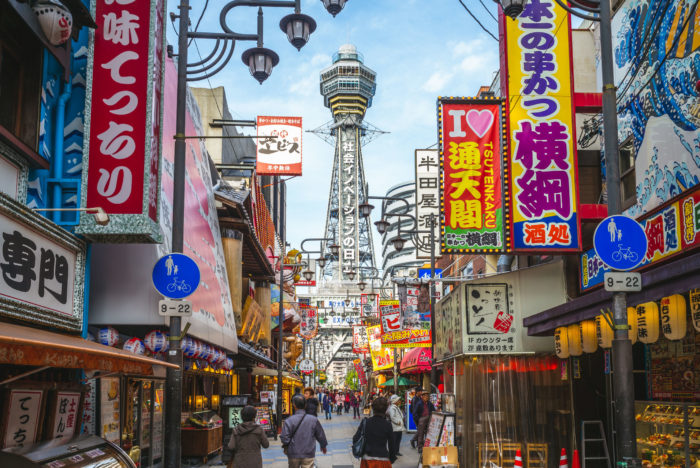
Household spending continues to decline as a constricted Japanese labour market sees real wages dropping at its fastest rate in five years.
Fujitsu offers 3 core principles for remote working
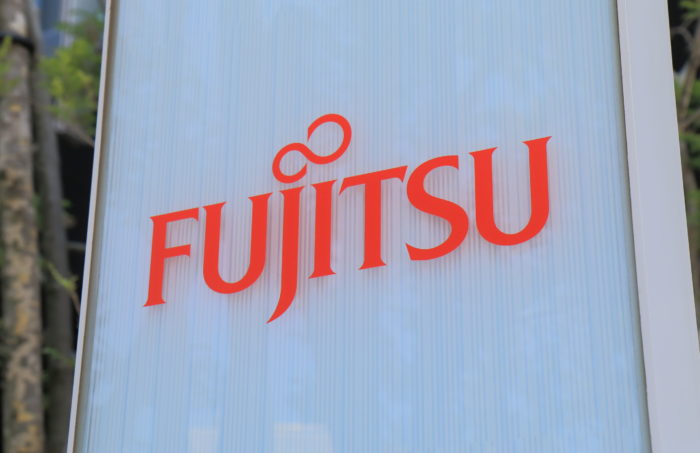
Under a new ‘Work Life Shift’ programme, the company’s Japanese workforce of 80,000 will work remotely whenever possible.
SMEs in Indonesia set to play bigger role in business supply chain

A national programme will raise the profile of SMEs in Indonesia, while reducing the country’s reliance on imports.
Who is leading your transition to remote working?

Deloitte South-East Asia’s Indranil Roy discusses the driving forces behind remote working, and how employees are being impacted.
Digital transformation key for small businesses in ASEAN

Despite an expected drop in revenue because of COVID-19, investment in technology tops priority for ASEAN businesses in 2020, a new survey reported.
Asia-Pacific top destination for global business expansion

A new CFO survey found that many businesses remain bullish despite the negative impact of COVID-19.
Business leaders paint gloomy outlook for Thai economy
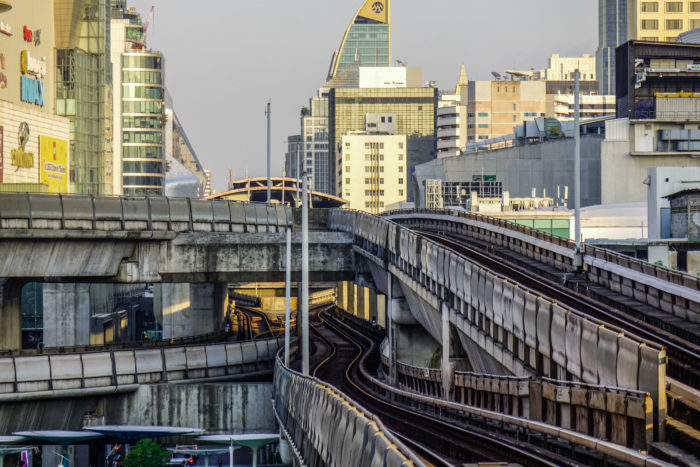
The Thai Chamber of Commerce expects more jobs to be on the line, as the economy is expected to contract by 5%-8% this year.
3 policies to set Asia on road to recovery

Close coordination between monetary and fiscal policy, resource allocation and addressing inequalities are key for COVID-19 recovery.
COVID-19 halts business operations in Vietnam
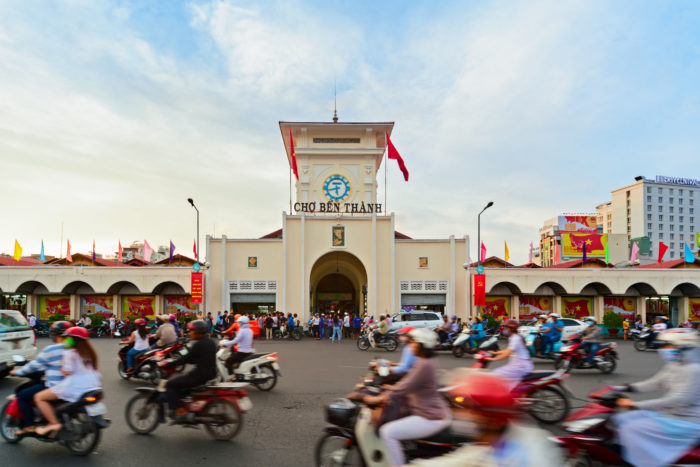
More than 29,000 businesses have had to suspend operations in Vietnam in the first half of 2020, reported the General Statistics Office of Vietnam.
Indian IT giants ponder WFH strategies

TCS is advocating to make WFH permanent, while Infosys prefers to explore a hybrid model of home and the office.
WFH set to be mandatory in the Philippines
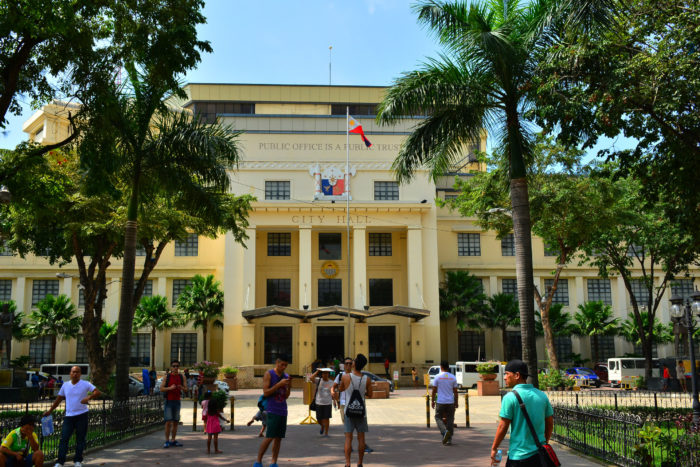
A proposed new bill will require employers to offer work-from-home arrangements for their employees, and comes as lockdown measures continue.
Companies in South-east Asia prepare for business restructure
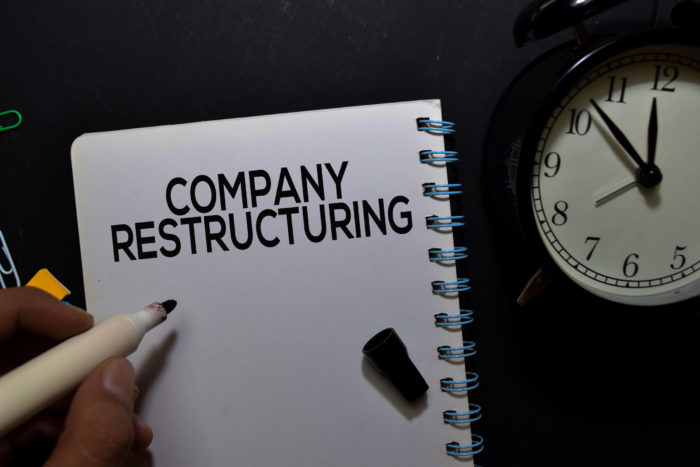
61% of businesses in the region expect a significant or worse decline in annual revenue in the wake of COVID-19, new survey shows.
COVID-19 highlights role of wearables in the workplace

Will the appeal of wearables grow as social distancing measures need to be adhered to as companies return to the workplace?
Google steps up recovery efforts in Asia

The tech giant is helping COVID-19 recovery efforts in Asia-Pacific, including expanding direct support for small businesses.
Qantas releases 6,000 workers as part of COVID-19 recovery plan
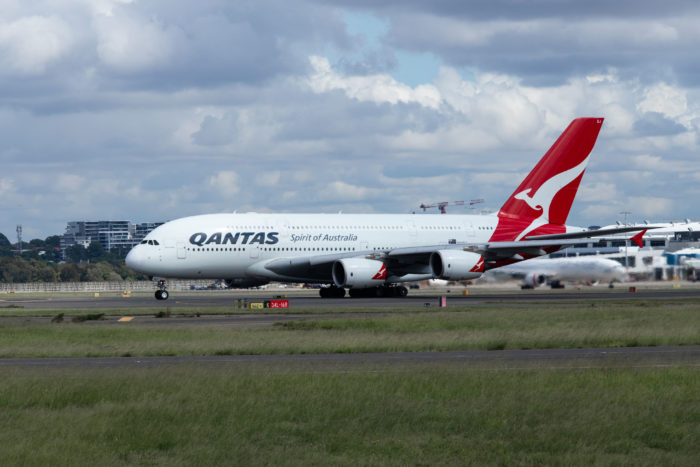
100 flights will also be grounded for a year as the Australian carrier grapples with economic fallout from C0VID-19.
Asia-Pacific businesses kickstart COVID-19 recovery

10 million small businesses across Asia-Pacific will participate in Visa’s global programme designed to meet demand for cashless payments.
Professional services in Australia continue to register layoffs
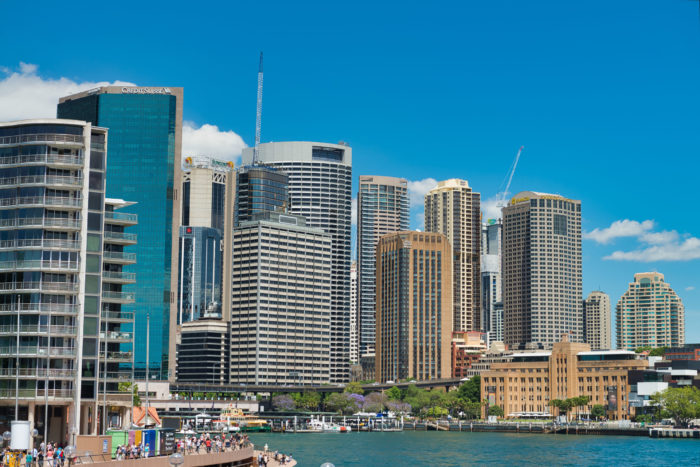
Deloitte is the latest company to announce job cuts in Australia, joining the likes of PwC and KPMG.
Violation of workers’ rights at seven-year high

Four Asian countries make the International Trade Union Confederation’s list of top 10 worst countries for working people.
Maintaining organisational agility in the face of disruption

EXCLUSIVE: Swift and decisive action, aided by the adoption of technology and a people-first approach, can help organisations adapt to business disruptions, shares Workday.
COVID-19 likely to wipe out growth across Asia-Pacific in 2020

Developing countries in Asia-Pacific will combine for a meagre 0.1% growth this year, said the Asian Development Bank in a new report.
HSBC restarts plan to slash 35,000 jobs
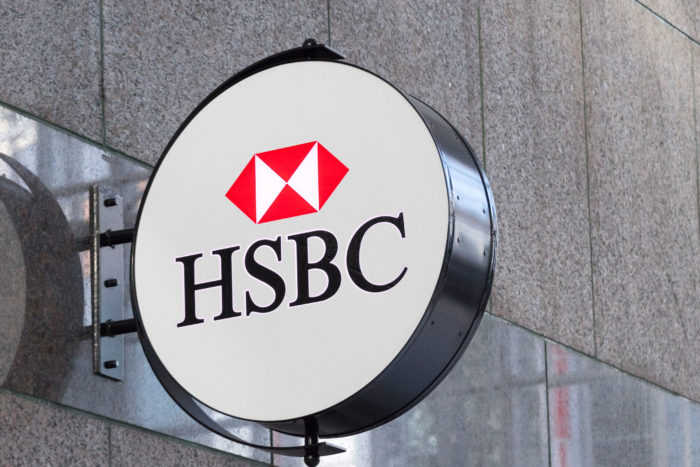
In April, the bank had called a halt on the proposed layoffs, saying it did not want staff to be unable to find work elsewhere.
COVID-19 pushes businesses to change IT priorities

Businesses in South-east Asia, Australia and Newland are prioritising improving ICT and security resilience for business continuity plans.
360 employees let go in Grab layoff

In a blog post, Anthony Tan, Grab’s CEO and co-founder, said this will be the last round of layoff across the organisation this year.
Digital upskilling tops training agenda for Singapore companies

In the NTUC LearningHub Employer Skills Survey report, 2 In 3 employers identified upskilling in digital competencies as a business imperative.
